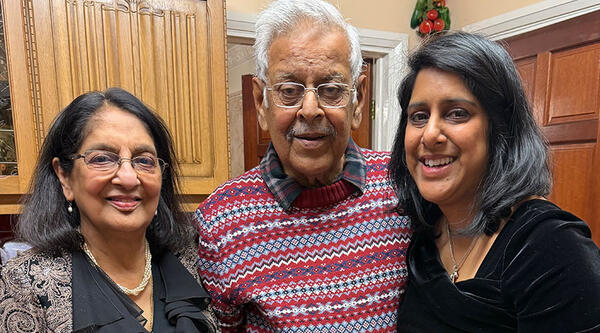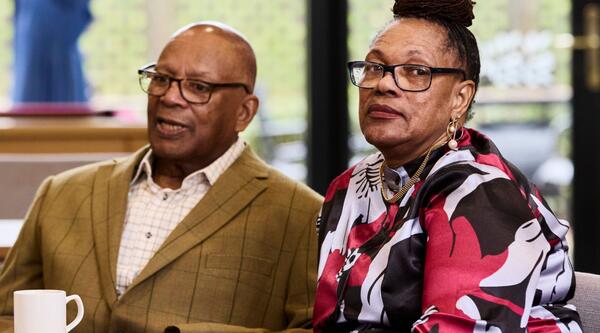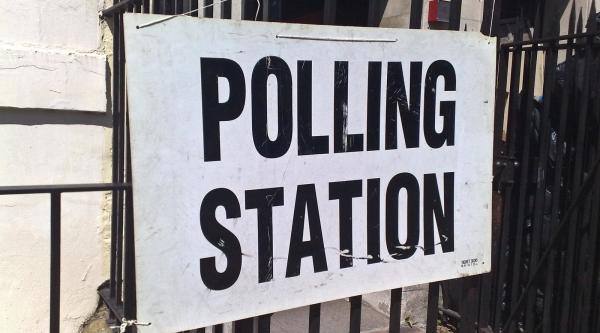Assessing the mental capacity of a person with dementia
The Mental Capacity Act gives guidance on assessing mental capacity – when it should be done and who should do it. This can be used when assessing the mental capacity of a person with dementia.
Mental Capacity Act
- Dementia and the Mental Capacity Act 2005
- You are here: Assessing the mental capacity of a person with dementia
- Making decisions for a person with dementia who lacks mental capacity
- Planning ahead using the Mental Capacity Act
When should mental capacity be assessed in a person with dementia?
You must always assume that a person is able to make a decision for themselves, until it is proved that they can’t.
A person’s capacity may be questioned if there is doubt about whether they can make a particular decision. This could happen if:
- The person’s behaviour or circumstances are making those around them doubt whether the person has capacity to make a particular decision.
- A professional says they have doubts about the person’s ability to make the decision – this could be a social worker or the person’s GP.
- The person has previously been unable to make a decision for themselves.
To work out whether a person has capacity to make a decision, the law says you must do a test (often called an assessment) to find out whether they have the ability to make the particular decision at the particular time.
Before the person is tested, they should be given as much help as possible to make the decision for themselves. Those who are supporting the person to make the decision should find the most helpful way to communicate with the person. This may mean:
- Trying to explain the information to them in a different way.
- Helping them to understand the ideas that are involved in making the decision.
- Breaking down information into small chunks.
Not all decisions need to be made immediately. It is sometimes possible to delay a decision until a person has capacity to make it. However, this won’t be possible for every decision.
Tips on communicating with a person with dementia
The person with dementia should be offered different ways of communicating their wishes and decisions. Better communication can make it easier to meet the needs of the person with dementia.
Who can assess mental capacity in a person with dementia?
In general, whoever is with the person when a decision is being made will assess their capacity. However, this will differ depending on the decision that needs to be made:
- Everyday decisions - for example, what someone will eat or wear. Whoever is with them at the time can assess the person’s capacity to make the decision. This is likely to be the person’s family member, carer or care worker.
- More complicated decisions - for example, where someone will live or decisions about treatment. A professional will assess the person’s capacity to make the decision.
How is mental capacity assessed in a person with dementia?
When a person has dementia, it’s likely that those around them will need to assess capacity more often as their condition progresses.
The questions below will help you decide if a person has the mental capacity to make a specific decision. Before making a decision for the person, family members or carers must believe the person can’t make their own decision. In general, family members and carers know the person best. They can often tell when the person is or is not able to make a decision.
Try to use your knowledge of the person to help you decide. You can also ask other people for advice, such as the person’s GP, community nurse or social worker.
Can the person make the decision with help and support?
For example, if they are given the right information, given more time, and communicated with appropriately.
Yes: Move to Step 2.
No: The person has mental capacity. Let them make their own decision.
Can the person make the decision with help and support – for example, if they are given the right information, given more time, and communicated with appropriately?
Yes: The person has mental capacity. Let them make their own decision.
No: Move to Step 3.
Does the person meet all of the following requirements?
- They understand all the information they need to make the decision.
- They can keep the information in their mind for long enough to make the decision.
- They can weigh up the information that is available in order to make a decision.
- They can communicate the decision in some way – for example, squeezing someone’s hand or blinking their eyes.
Yes: The person has mental capacity. Let them make their own decision.
No: For this decision, at this time, the person lacks capacity. This means they cannot make the decision for themselves and someone will need to make it for them. For decisions about everyday things such as food and clothes, this may be a carer or relative. For a more complex decision, for example about treatment, a health or social care professional may be involved.
Challenges to mental capacity assessments
The outcome of a capacity assessment is sometimes challenged. This can happen for the following reasons:
- If someone else feels that a person had the mental capacity to make a decision, but they were not allowed to do so.
- If someone feels the person did not have the capacity to make a decision, but they were allowed to make one.
The person can challenge a capacity assessment themselves, or it could be challenged by their family member, friend or even a professional.
If you want to challenge a mental capacity assessment
- Start by speaking to the person who did the assessment. Ask why they made the decision they did and explain why you disagree with their assessment of the person’s capacity.
- If this doesn’t help, you can ask for the decision to be reviewed, either by the person who first made the assessment or by the organisation involved. This may be social services or a hospital.
- If you are still not satisfied, you can make a formal complaint. For example, if you disagree with a GP or a care home manager, the surgery or care home will have its own complaints procedure that you can follow. Ask them for information about how to make a complaint.
If you challenge a capacity assessment it could harm your relationship with the person who did the assessment. Therefore, before you challenge it, think about speaking to a local advice agency, a carers’ service or a solicitor.
If you contact a solicitor make sure you ask them at the start of your conversation how much they will charge. You can also speak to Alzheimer’s Society by calling our support line.
If someone challenges a mental capacity assessment that you have made
If this happens, try to stay calm. Take your time to explain why you believe the person could or couldn’t make the decision for themselves.
Carers and family members are not expected to write down each time they have to make a judgement about a person’s capacity and what their reasons were, especially when they are making decisions every day.
However, if you are asked, you should be able to give examples to show why you made the decision. This doesn’t happen often. Most family members and carers will never be challenged about the capacity assessments they make.
But it is something you should think about when you are judging whether the person has capacity to make a decision. The law says you must have a ‘reasonable belief’ that the person lacks capacity, so you would need to show that you had this belief.
If you are assessing whether a person with dementia has capacity to make a major decision, you might want to talk to a professional. This could be a solicitor or a health or social care professional. Note that certain professionals may charge for advice. Major decisions could include the person wanting to change their will or sell their house. It could also include decisions about their care and treatment.






